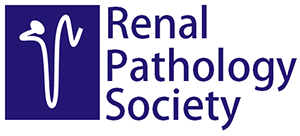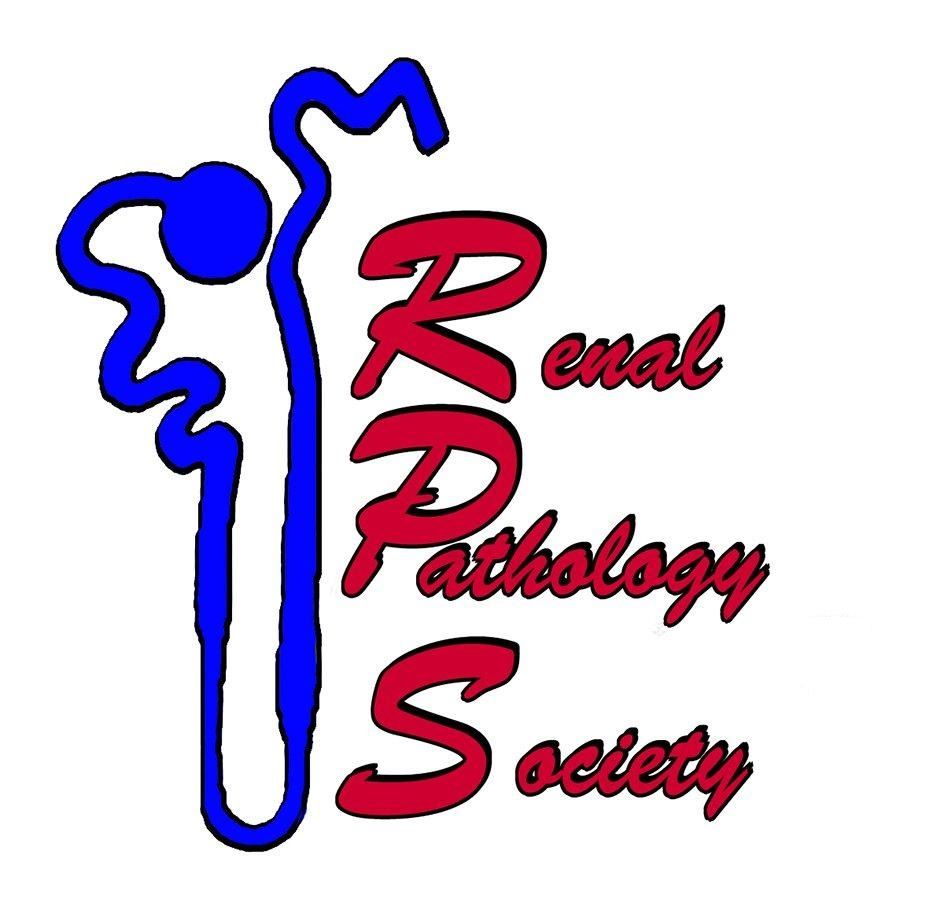Dear RPS members,
 In 2024, the RPS would like to continue our focus on embracing diversity, equity, and inclusion; and on broadening our international network. One way to achieve this goal is to celebrate a semi-monthly calendar of observances and appreciations with 10-question interviews highlighting our diverse pool of members. This month we celebrate Women in Medicine Month (September) with our outstanding secretary and longtime RPS member, Dr. Mei Lin Bissonnette. Dr. Bissonnette is currently the director of renal pathology at the BC Provincial Renal Pathology Laboratory and a Clinical Associate Professor at the University of British Columbia.
In 2024, the RPS would like to continue our focus on embracing diversity, equity, and inclusion; and on broadening our international network. One way to achieve this goal is to celebrate a semi-monthly calendar of observances and appreciations with 10-question interviews highlighting our diverse pool of members. This month we celebrate Women in Medicine Month (September) with our outstanding secretary and longtime RPS member, Dr. Mei Lin Bissonnette. Dr. Bissonnette is currently the director of renal pathology at the BC Provincial Renal Pathology Laboratory and a Clinical Associate Professor at the University of British Columbia.
Women in Medicine Month | American Medical Association (ama-assn.org)
1. What is your name, where were you born, where do you work?
My name is Mei Lin Bissonnette. I was born and raised in a small Michigan beach town located on Lake Michigan. I have worked at St. Paul’s Hospital in downtown Vancouver, British Columbia, since 2015.
2. What is your number one topic of interest in nephropathology?
I love everything about renal pathology so it’s hard to choose! Right now, my main projects include building a provincial renal biopsy collection/allocation quality assurance program to help support equity in renal diagnostics across British Columbia. We are also in the middle of the digital pathology pilot we designed for the renal service to help shape the provincial switch to digital pathology.
3. What do you like most about your job?
I really enjoy working with our clinical nephrology colleagues and discussing challenging cases. There is tremendous job satisfaction in diagnostics that result in high quality patient care even if I don’t see or treat the patients myself.
4. What is the most challenging aspect of your job?
I am always discovering how to best navigate the health care administrative system. In Canada, health care is managed by each province independently. For BC, there are many layers and systems of hospital, operational, and government administration, and it continues to be a learning experience!
5. What did you want to become when you were a child?
As a very young child, I wanted to be a veterinarian. When I was a teenager, the first genetically engineered plant came to market, and that got me interested in science research. I decided I was going to become a molecular biologist, which turned into a degree in biophysics and an interest in how molecular structures relate to physiological function. That’s how I ended up in an MD/PhD program.
6. What would be your wish for the future - in general or in relation to your work?
I wish for in general and in my own work equitable access to health care and basic human needs. Ideally there would be the same opportunity for access regardless of community, socio-economic class, ethnic background, etc.
7. Any special interests apart from Nephropathology?
I love camping, hiking, and exploring the ocean and mountains in British Columbia. Since moving to Vancouver, I have also learned how to fly fish. My daughter and I also like to watch cooking and baking shows together and then try out new dishes and techniques.
8. How do you think Pathology will look like in 10 years’ time?
I’m looking forward to the continued transition to digital pathology, and I am excited by the future use of various -omics in advancing our understanding of different diseases and potentially establishing new diagnostic or prognostic markers
9. Who would you consider to be your mentor in renal pathology or pathology in general?
I am very thankful for having Drs. Tony Chang and Kammi Henriksen at the University of Chicago as mentors during my pathology residency, renal pathology fellowship, and now as a practicing renal pathologist. Dr. Adeera Levin from the Division of Nephrology has been an invaluable mentor in Vancouver
10. What is your favorite non-work-related activity or way to spend your time?
My favorite thing to do is travel to new places around the province as well as outside of Canada with my husband and daughter. We’ve been to so many amazing places, but there’s so many more we have yet to visit.

Bonus Question: What have you found most challenging about developing your career as a woman in medicine?
Outside of my usual clinical and hospital responsibilities, I often find myself to be the only female physician in academic and government/provincial committees and other leadership roles. It has not always been easy as the young, female physician to have my opinions and voice heard. Over the years I’ve had to develop a leadership voice that is much more forward than my usual self. I appreciate that the RPS is always looking to include new and varied voices for conference speakers, committees, and leadership roles.

 In 2024, the RPS would like to continue our focus on embracing diversity, equity, and inclusion; and on broadening our international network. One way to achieve this goal is to celebrate a semi-monthly calendar of observances and appreciations with 10-question interviews highlighting our diverse pool of members. This month we celebrate Women in Medicine Month (September) with our outstanding secretary and longtime RPS member, Dr. Mei Lin Bissonnette. Dr. Bissonnette is currently the director of renal pathology at the BC Provincial Renal Pathology Laboratory and a Clinical Associate Professor at the University of British Columbia.
In 2024, the RPS would like to continue our focus on embracing diversity, equity, and inclusion; and on broadening our international network. One way to achieve this goal is to celebrate a semi-monthly calendar of observances and appreciations with 10-question interviews highlighting our diverse pool of members. This month we celebrate Women in Medicine Month (September) with our outstanding secretary and longtime RPS member, Dr. Mei Lin Bissonnette. Dr. Bissonnette is currently the director of renal pathology at the BC Provincial Renal Pathology Laboratory and a Clinical Associate Professor at the University of British Columbia.


